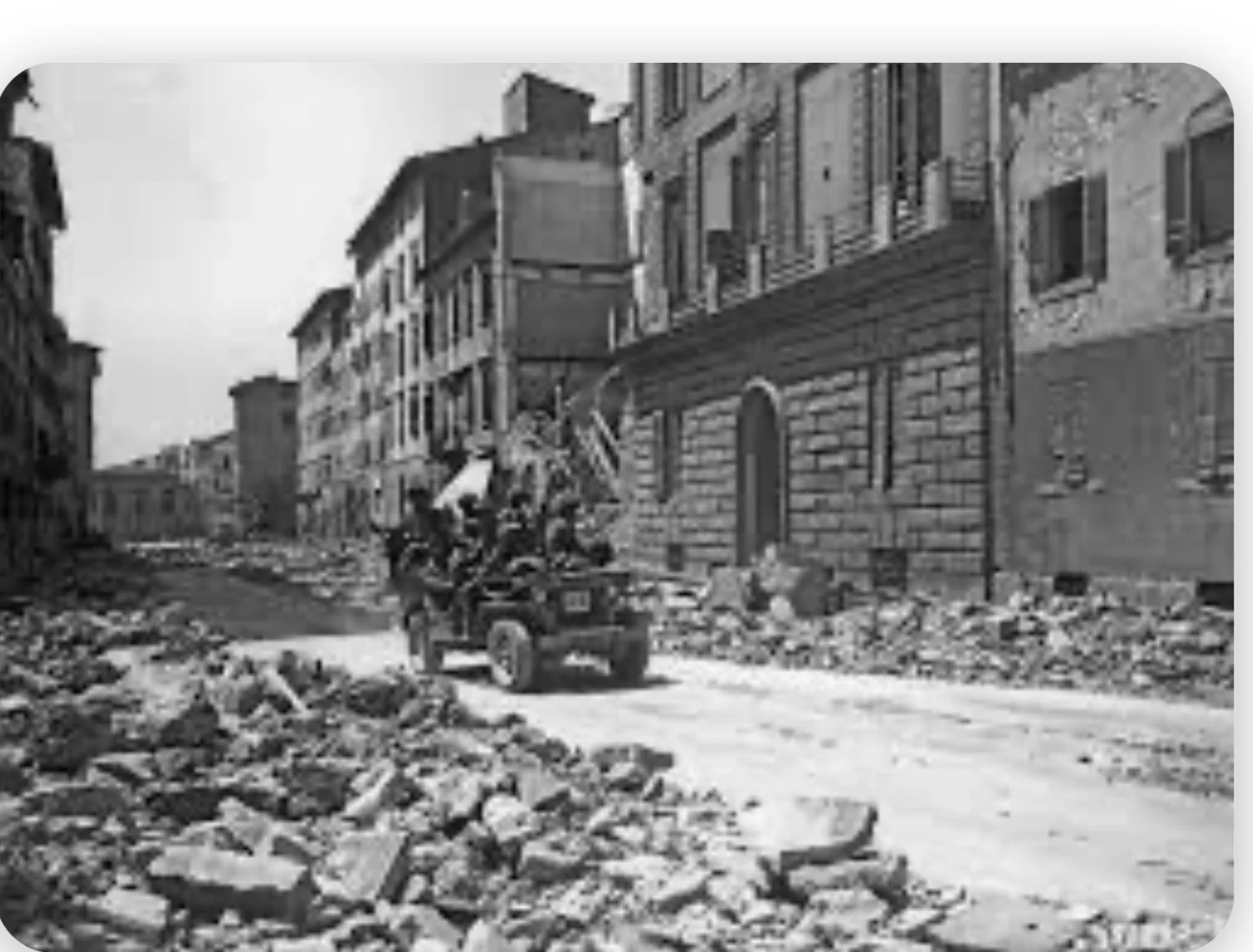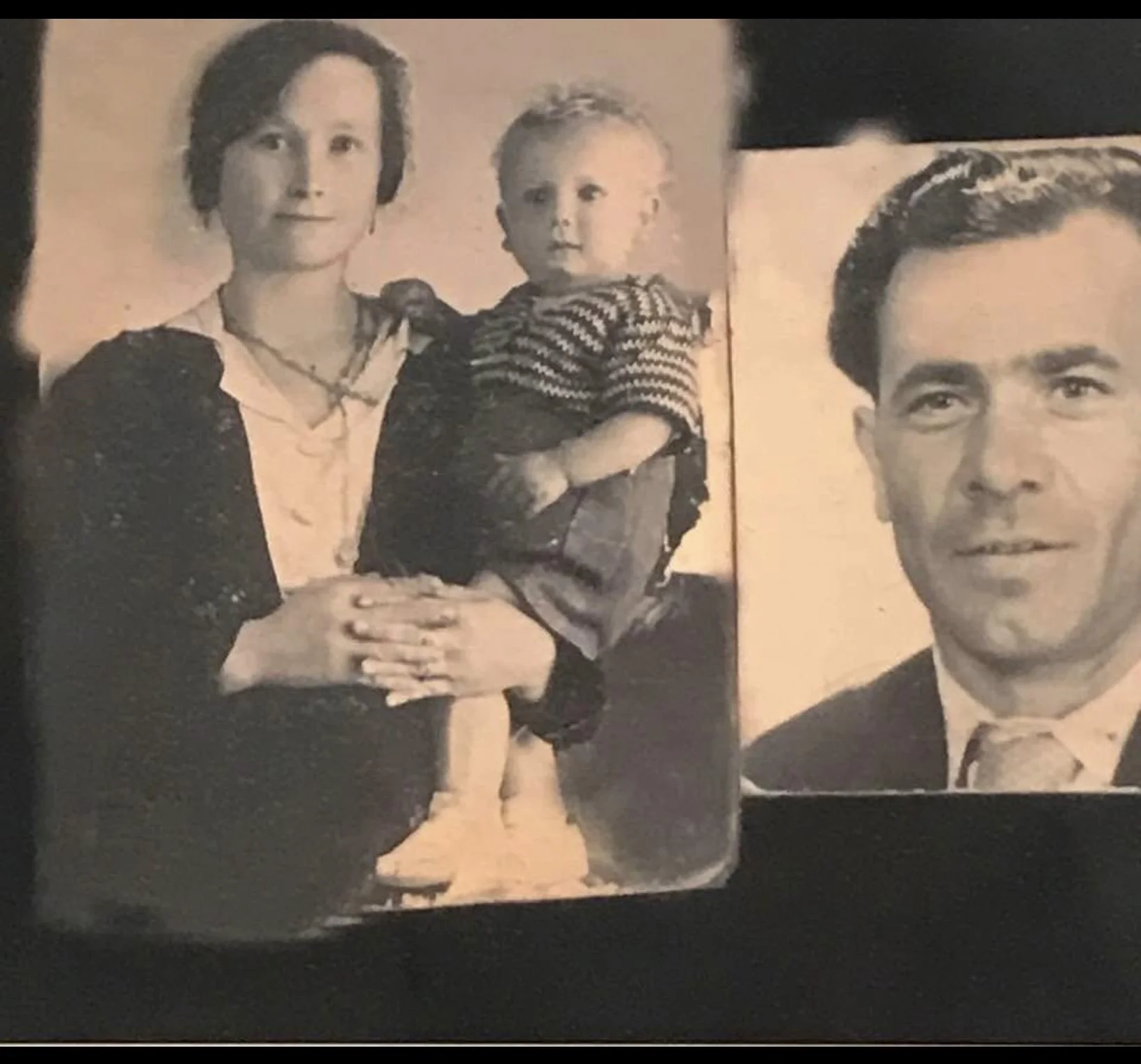Continuing With “The Man that Loved Me” A Fathers Memoir
Chapter Two: His Gift of Laughter
My dad was funny. Not just “dad joke” funny—really funny.
He had a gift, and I don’t say that lightly. It wasn’t just about being the center of attention (though he could hold a room like no other); it was something deeper. He had a way of spreading happiness, of reading a moment and turning it into laughter.
I witnessed it firsthand—everywhere we went, with everyone he met. He had this natural charisma, a quick wit that flowed as easily as his magic tricks. But the humor? That was pure joy, and he shared it like it was his calling.
He always made his daughters laugh—even during the teenage years when everything feels heavy and complicated, my dad kept the mood light. He knew how to cut through tension, how to read our eyes when we needed a laugh more than advice. He never stopped being silly with us. He never outgrew fun.
And his grandchildren—oh, they carry story after story. They talk about his pranks, his jokes, the way he’d make up songs on the spot or pretend to misunderstand something just to get them laughing. With each generation, he found new ways to stay young.
By the time he became a great-grandfather, he was downright trouble—in the most wonderful way.
I mean, nothing mattered by then. Pillows were flying through the air, he’d be crawling on the floor, chasing toddlers like he had no age at all. He’d match their energy—maybe even surpass it. The room would erupt into screeching, uncontrollable laughter, and someone would inevitably yell, “Hey! Quiet down!”
But no one really wanted it to stop.
Because that’s what he left us with: joy. The kind that echoes through time. Laughter that doesn’t fade. A lightheartedness that softened life’s sharp edges.
He left everyone with a lasting memory of the man he was—funny, playful, full of life—and the way he could make the whole world laugh, just by being himself.
Chapter 3: Born of War, Bringer of Light
You’d think, reading all this, that my father must have been born into a world of laughter and joy. But the truth is, he was born into war.
April 20, 1939. A small village in Italy. The world was unraveling, and my father came into it as it burned around him.
He used to say he grew up with the war. It was all he knew, so fear never quite found a grip on him. He remembered it not with horror—but with the resilience of someone who chose to hold on to the good.
One story he told again and again: the soldiers would ask him, a small boy, to be their lookout. “Let us know if the enemy comes close,” they’d say. Whether they meant it or just enjoyed the company of children, he remembered it fondly—especially the candy they’d give him afterward.
That was my dad. Even when the world was cruel, he found the sweetness.
But the story that always touched me most—the one where his voice softened and his eyes filled with tears—was about when he finally met his father.
You see, my grandfather was captured during the war and held as a prisoner for nearly ten years. My dad grew up without him, raised by his courageous mother and sheltered by his aunts in unimaginable poverty.
He didn’t meet his father until he was almost ten years old.
Until then, he lived in scarcity: food was scarce, safety even more so. He remembered what hunger felt like—not just in his body, but in his spirit. He’d tell us how, some nights, his mother would gently brush his hair and whisper with sorrowful eyes, “There is nothing here to eat. Sleep will help.”
When he told that story, he carried her pain in his voice. His tears weren’t just for his hunger—they were for her helplessness, for the mother who loved him fiercely but couldn’t give him what he needed.
There was another memory—one I could never fully grasp:
He was playing in a field when planes appeared overhead. They began firing, and his aunt, without a second thought, threw herself on top of him. They lived. But that moment lived inside him forever.
How does a boy with that kind of beginning grow into a man so full of joy?
That’s the mystery and the miracle of my father.
Despite everything—despite hunger, war, separation, fear—he chose to become light. He didn’t carry bitterness. He carried stories. He carried laughter. He became the kind of man who made children squeal with delight, who played guitar barefoot, who made strangers smile on ships, and who always made his daughters laugh.
His past was harsh. But he never passed that harshness down. He turned it into tenderness. Into magic. Into a kind of strength that still echoes in all of us.

